| Umělec 2000/3 >> Tate Modern—Responses | Просмотр всех номеров | ||||||||||||
|
|||||||||||||
Tate Modern—ResponsesUmělec 2000/301.03.2000 Simona Mayerová-Goddard | info | en cs |
|||||||||||||
|
The new museum of modern art, Tate Modern, has been open since mid-May. The possibility of using the overhauled power station as a museum had been discussed long before the eagerly anticipated opening. British television broadcast a series on the building’s architecture and reconstruction, and included interviews with Tate and Tate Modern directors, architects and chief curators of the collections. On D-Day, BBC 1 broadcast live the Queen’s visit to the museum, the evening party and night light show.
A number of articles have appeared in the press in the UK over the past six months crediting contemporary art with some kind of exclusive social role, which had until then been reserved for the stars of haute couture, pop music and the film industry. The vast majority of critiques in art magazines were positive, with the occasional criticism of the installation of the entire collection. Critics appreciated the overall new approach to installing works and monographic rooms while they criticized only a few specific parts. The juxtaposition of Monet’s Water-Lilies and Richard Long’s B&W canvas England was the most chastised. Artists, too, praised the new museum as Tate Modern emphasized contemporary tendencies, the interconnection of disciplines and support for young art. The first temporary exhibition, Between Cinema and a Hard Place, is a successful example of the museum’s efforts. Due to the positive response in media, interest among the public is big. Despite the building’s huge capacity, the viewers are only allowed to enter one at a time, even one month after the opening. Overall, professionals and the public are happy that Britain finally has an institution comparable to the Museum of Modern Art in New York and the Centre Pompidou in Paris.
01.03.2000
Рекомендуемые статьи
|
|||||||||||||
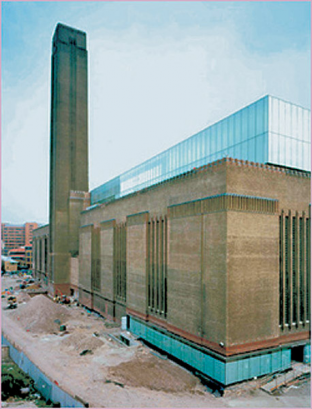
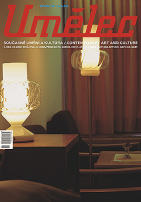


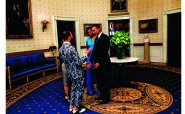
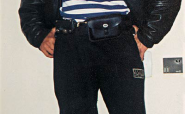
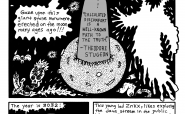
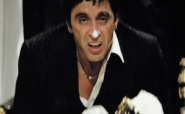
Комментарии
Статья не была прокомментированаДобавить новый комментарий